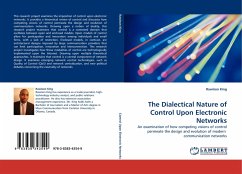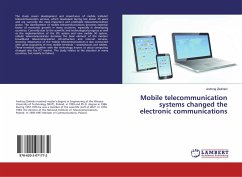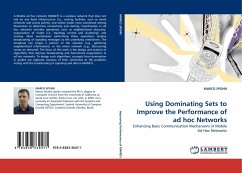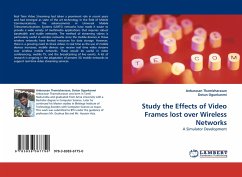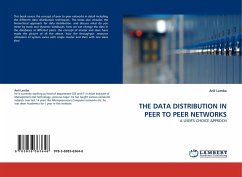This research project examines the imposition of control upon electronic networks. It provides a theoretical review of control and discusses how competing visions of control permeate the design and evolution of communication networks. Drawing upon a notion of duality, this research project maintains that control is a contested domain that oscillates between open and enclosed models. Open models of control allow for participation and innovation among individuals and small firms, with a lack of restriction. Enclosed models, in contrast, are architectural designs imposed by large communication providers that can limit participation, innovation and interconnection. This research project investigates how these modalities of control are technologically implemented upon the Internet. Drawing upon multiple theoretical approaches, it maintains that control is a central component of network design. It examines emerging network control technologies, such as Quality of Control (QoS) and network centralization, and new political debates concerning the neutrality of networks.
Bitte wählen Sie Ihr Anliegen aus.
Rechnungen
Retourenschein anfordern
Bestellstatus
Storno

